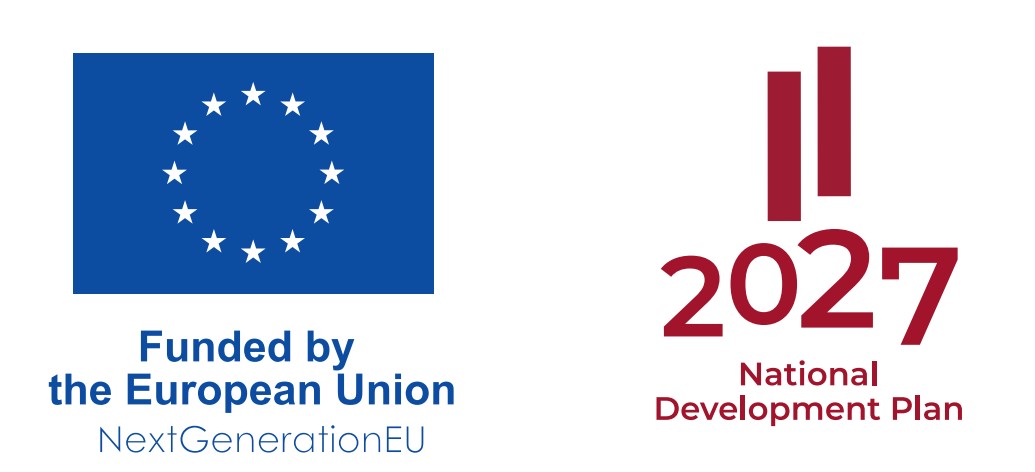
In the survey, 1,000 respondents from Helsinki were asked about perceived threats and individual level preparedness. Helsinki residents most often cited the spread of false or misleading information (50%), cyberattacks disrupting digital services (45%), climate-related risks such as floods and storms (44%), organized crime (38%), and the national economic situation (37%) as threats they felt personally worried about. These responses highlight a broad awareness of both traditional and modern risks.
Despite this awareness, many residents are not adequately prepared to meet the government’s 72-hour self-sufficiency recommendation. Only half said they have the necessary knowledge and skills to act effectively in an emergency. While 61% know how to respond to public warning sirens and 59% know the location of the nearest shelter, only 45% know where to go if they need to evacuate quickly.
Supplies are particularly lacking. Only 22% of respondents have sufficient drinking water for three days, while 30% reported having none at all. Food supplies are more common, with 66% saying they have enough for three days, but 6% admitted to having none. In addition, 8% lack a first-aid kit and 26% have no cash reserves. Of the Helsinki households, only 42% own a battery-powered radio.
Residents cited several barriers to preparedness, including limited resources, insufficient information on emergency actions, and low perceived threat. To improve readiness, they emphasized the need for clearer crisis communication, practical training and simulations, better access to shelters and protective infrastructure, and support in building personal emergency stockpiles.
The study concludes that while Helsinki residents are well aware of risks and relatively informed about shelters and crisis response, their personal emergency supplies—especially water—remain inadequate.
Dr. Ieva Birka, lead researcher at the Advanced Social and Political Research Institute of the UL FESS, explained:“Our findings show a striking paradox: while Helsinki residents overwhelmingly feel safe in their daily lives and are aware of the risks their city may face, far too few are actually prepared to manage a crisis on their own for 72 hours. This gap between awareness and action highlights the urgent need for better crisis communication, practical training, and support in building household preparedness—especially when it comes to something as essential as water.”
Survey results available here.
The survey was carried out by “Norstat” in May 2025, interviewing 1,000 residents of Helsinki aged between 18 and 74 as part of the University of Latvia’s project “Urban Preparedness for Emerging Risks in the Baltic Sea Region”. The survey is part of a broader research project led by Dr. sc. pol. Ieva Birka and Dr. sc. pol. Didzis Kļaviņš, covering six cities in the Baltic Sea region. The implementation of the “Urban Preparedness for Emerging Risks in the Baltic Sea Region” project is made possible with the financial support of the Recovery and Resilience Facility.
Further information:
Dr. Ieva Birka, email: ieva.birka@lu.lv
Dr. Didzis Kļaviņš, email: didzis.klavins@lu.lv

Project title: Urban Preparedness for Emerging Risks in the Baltic Sea Region Project Contract Number: No. 5.2.1.1.i.0/2/24/I/CFLA/007 Project Grant Agreement Number: LU-BA-PA-2024/1-0051

 CONFERENCE
CONFERENCE